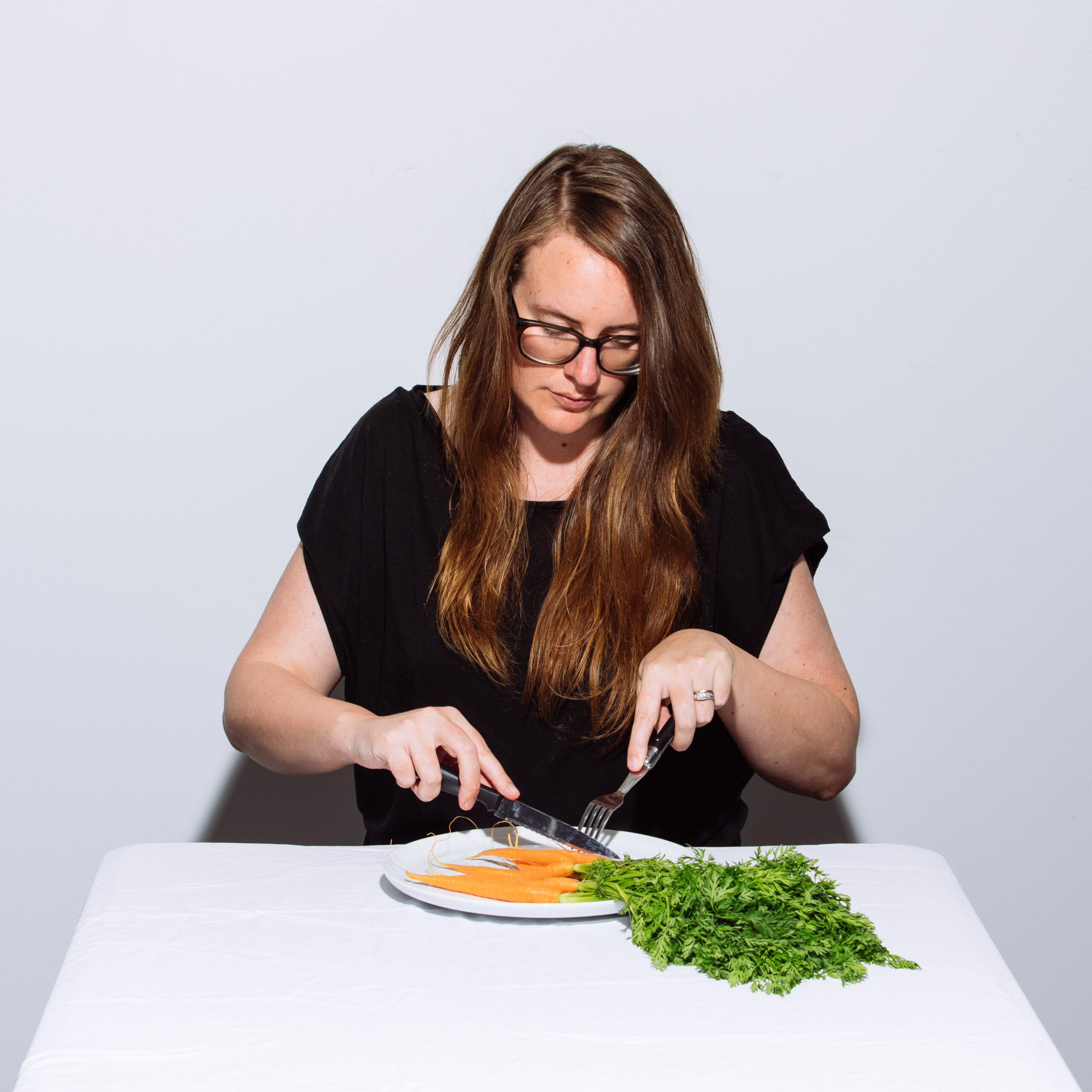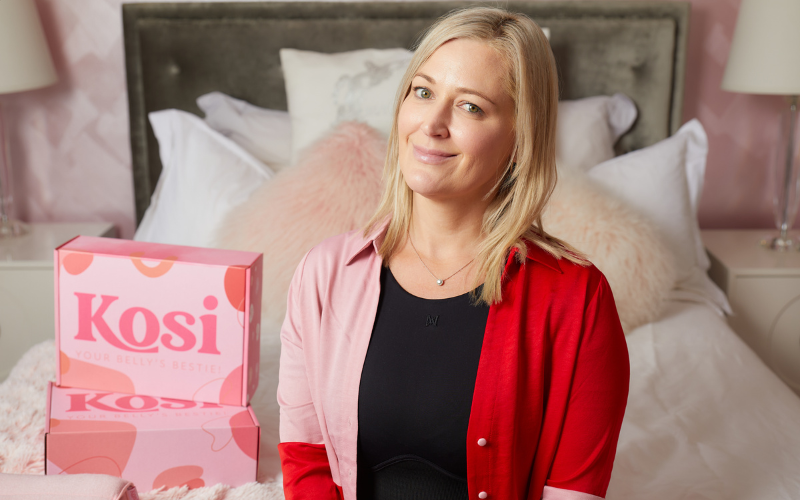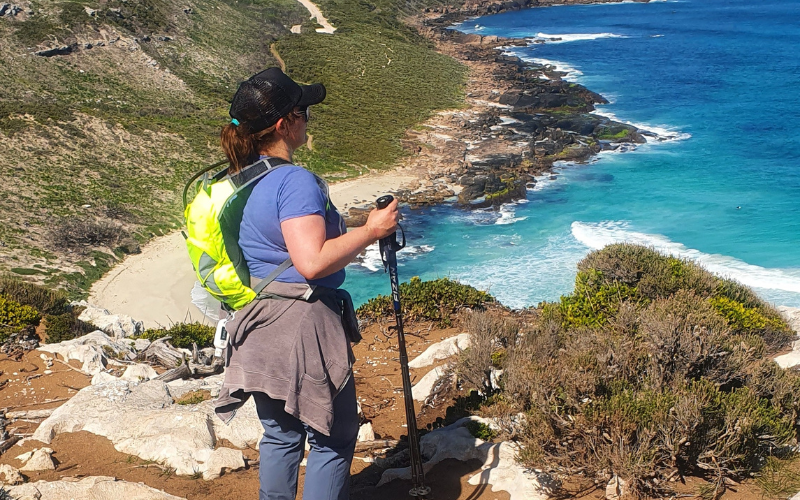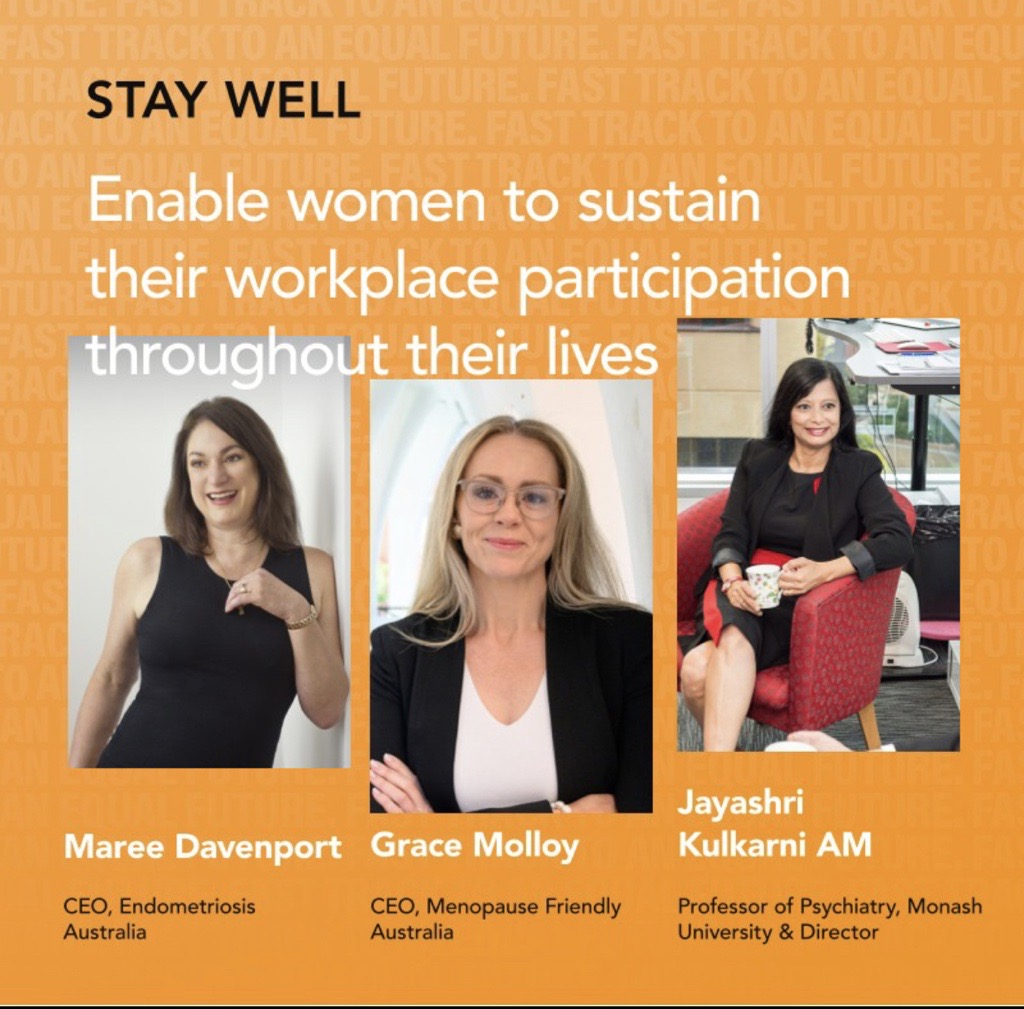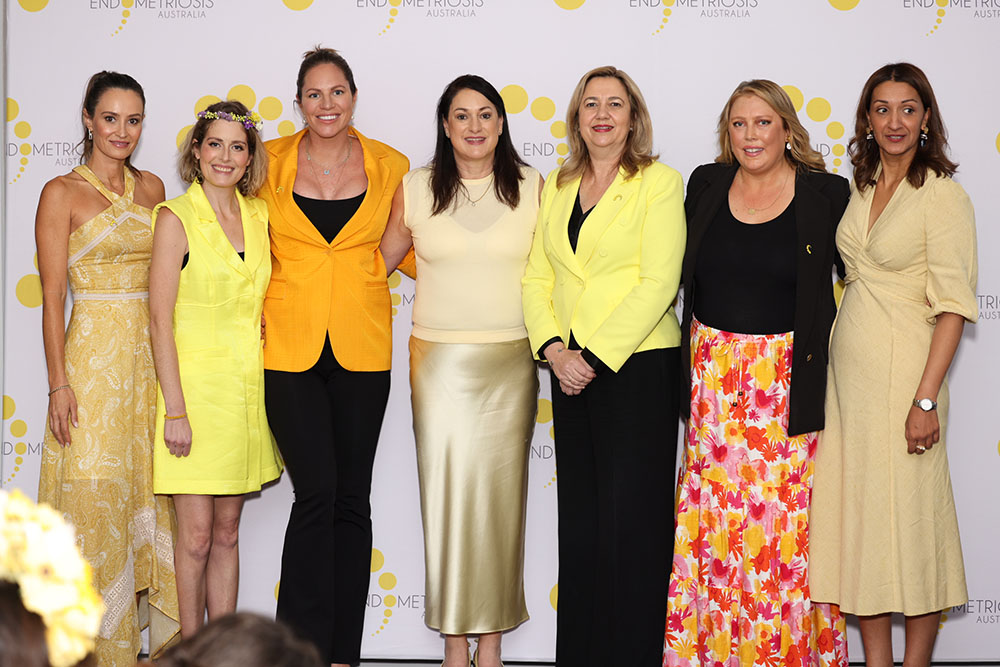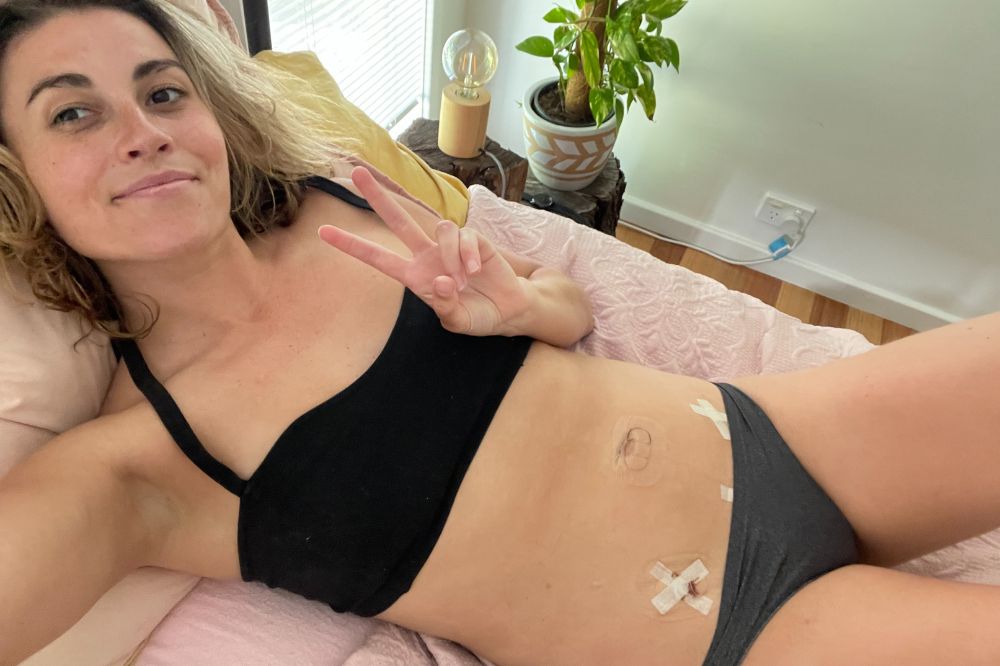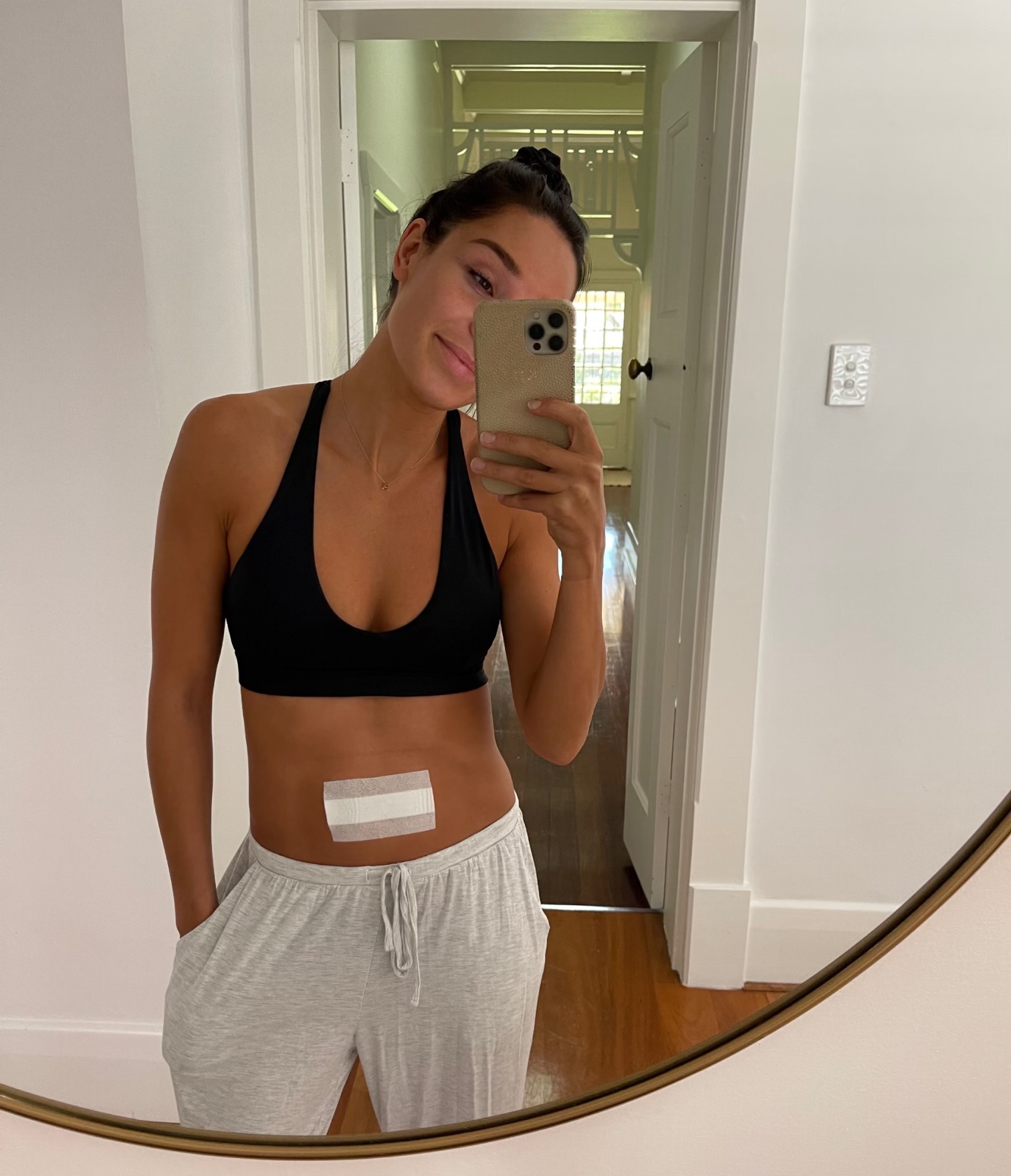I’ve seen quite a number of doctors in my time. There was a stage where I seemed to be collecting ‘ologists’ left right and centre.
While I’ve been fortunate and privileged enough to have experienced some exceptional care – which I am forever thankful for, I’ve also been dismissed, ignored and made to feel as though I was exaggerating my pain and my symptoms.
In the early stages of my diagnosis, before I had even heard the word endometriosis, I was experiencing extreme and prolonged bleeding. It was relentlessly heavy and lasted for over nine months.
The doctors I saw couldn’t figure out a cause. I was beyond exhausted and frustrated. One doctor sat me down to tell me there was no explanation for what was happening to me. His treatment plan was to try different birth controls until one stuck. Before he ended the $200 a minute appointment, he casually mentioned that it was likely I was infertile and that I would stay that way.
At the time I quietly sat and listened to what he was saying. I didn’t ask any questions. I was scared and afraid. I was also hoping more than anything, that he would try harder to find out what was wrong with me. That he wouldn’t give up.
I never saw him again and I left a little broken.
In the years after, I did what he said, I found a birth control that didn’t cause insufferable migraines, one that seemed to stop my insane bleeding. Then, I stayed on it for 10 years.
I internalised the fact that I was infertile and untreatable and for the most part tried to ignore my symptoms. I ended up in emergency a couple of times in the years that followed due to what I thought was extreme gastro, migraines or appendicitis. I now know these were all symptoms of my untreated endo.
I sometimes wonder how different my life would have been if that doctor had kept looking for answers, if he had referred me to someone else, or if he had known about endometriosis himself?
Once I received my diagnosis there was a sad sense of relief. While I was happy to have a name for my illness, I was sad to find out that treatment options were limited. Then, depressingly, after my first surgery my pain and symptoms got worse.
After one particularly intense and brutal flare, I dragged myself to my regular GP. She was unavailable so I took the first appointment at the practice. I was desperate to see any doctor who could help.
I hadn’t been able to shower, eat or dress myself and was still in the clothes I had slept in. My stomach was extremely bloated and painful and I had been alternating between extreme diarrhea, constipation and the occasional bout of vomiting for the last three days and nights.
The doctor asked me to list my symptoms. I told him that I had been diagnosed with endometriosis. I tried to explain my pain and my history as best I could. At the time, I was having trouble standing, it felt like my insides were ripping apart.
I asked for stronger pain and anti-nausea medications as the paracetamol and ibuprofen were not cutting it.
He was quiet for a while then asked me to list the foods I had eaten in the last two weeks.
I tried to remember what I had for dinner last Tuesday, lunch the Wednesday before that.
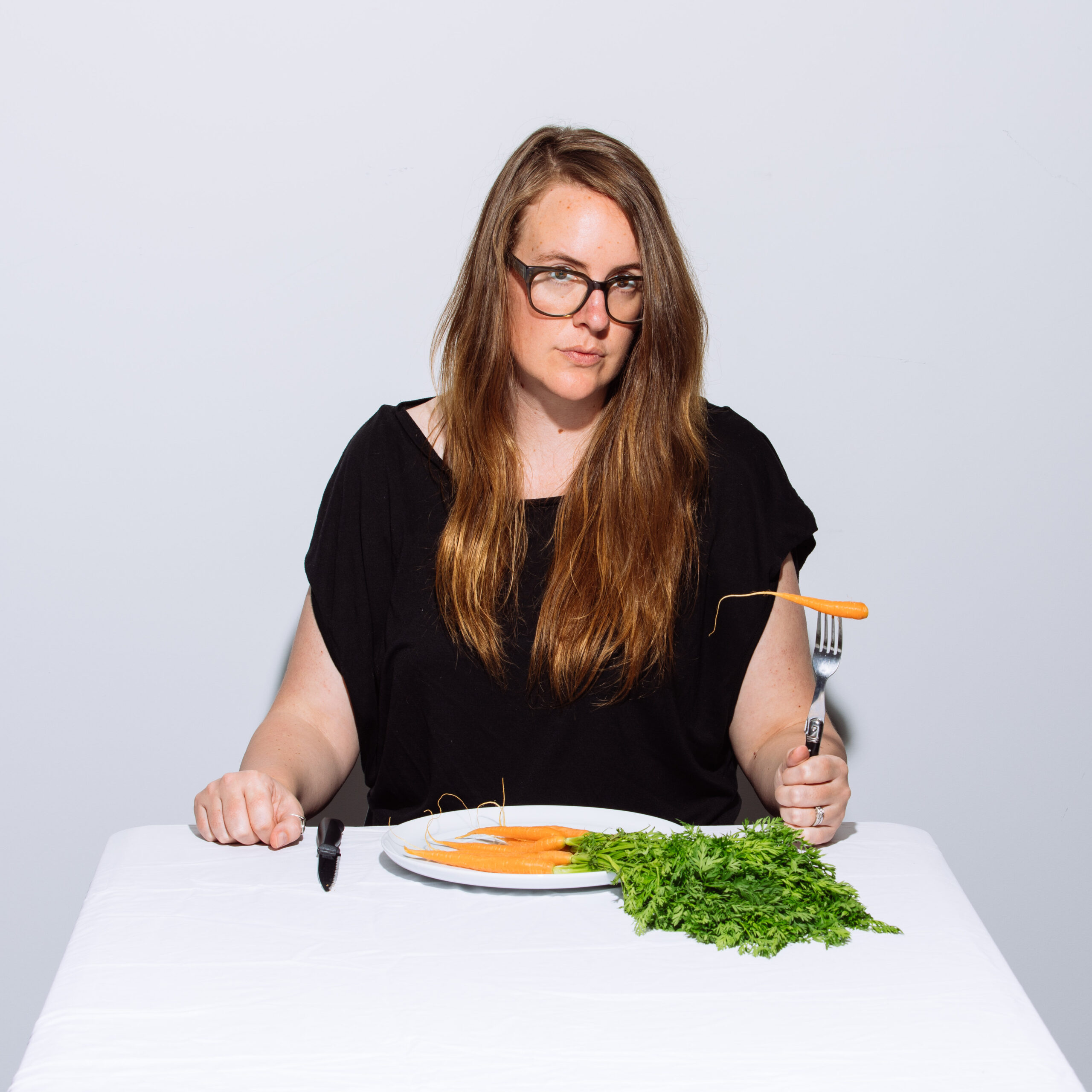
Then, without examining me, or reading my file, he proceeded to tell me that there was nothing that he could do. In his opinion, the endometriosis pain would have been solved by my surgery, my current symptoms, in his ‘expert’ opinion were most likely due to my diet.
He told me to eat more carrots. That was his treatment plan. Carrots.
That was his treatment plan. Carrots.
I was silent.
Less upset this time. More enraged.
I stood up and left without saying anything and promptly went to the reception to book in with my regular doctor.
I was so tired of having to repeat my story, justify my pain and symptoms, and in that moment I had no fight left in me.
A few days later, I was being sent for internal scans to check for a partial bowel obstruction. A few months later I was in surgery to remove more endometriosis. The pain was real.
These experiences are just a drop in the ocean of the medical trauma and gaslighting that people with endometriosis, and other chronic illnesses, experience. They make it all the more important to raise awareness for the disease, to start conversations, to support others and to fight for better treatment.
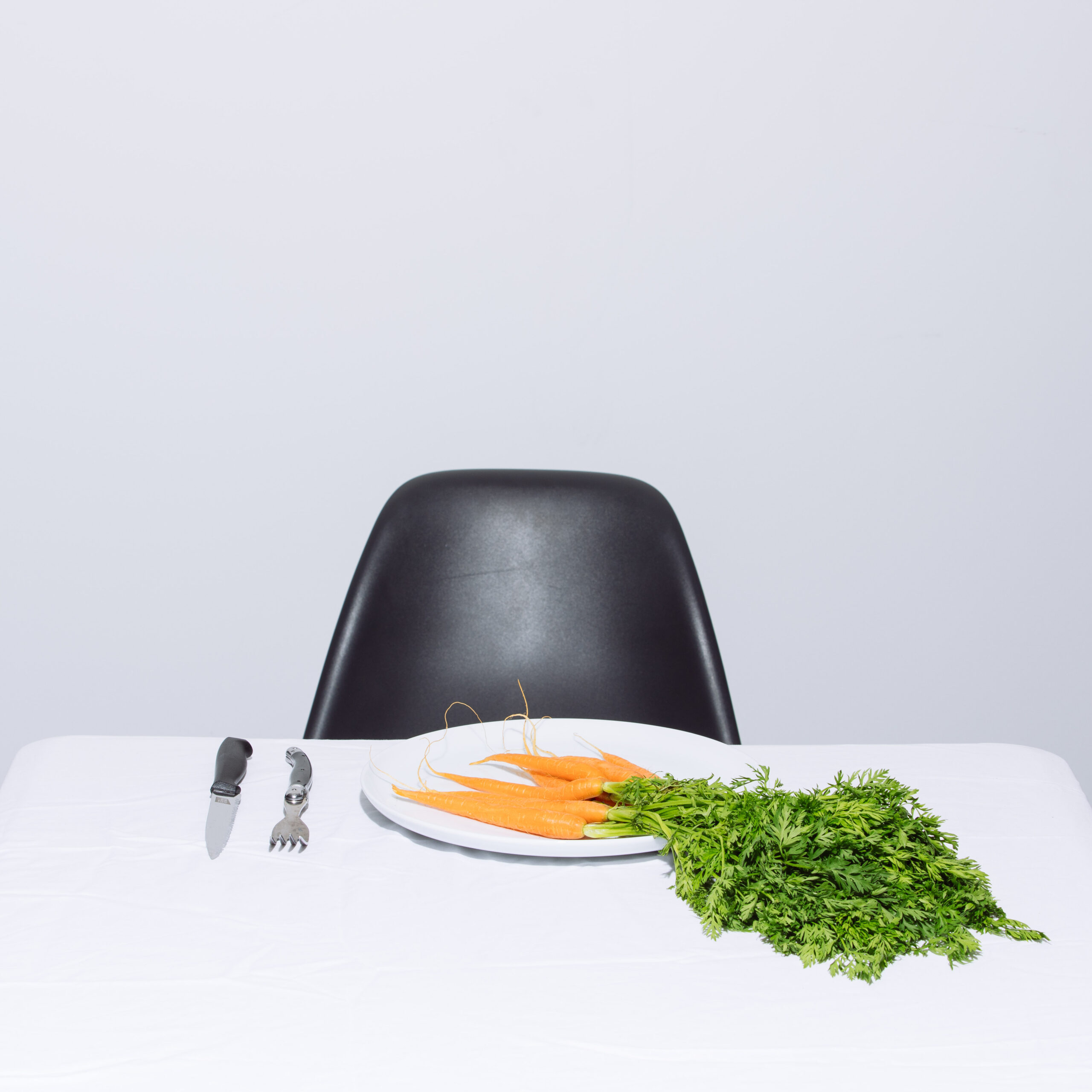
Sometimes fighting as an individual, advocating for yourself is difficult. It takes energy and resolve. It requires focus and strength, often at the times when you feel you have nothing left to give.
If you can, find a doctor who listens to you. Find one who is thorough in investigating your symptoms and pain. At the heart of it, they should accept that you are the expert. You are the one living through the sometimes constant and uphill battle of your experience and you need to be heard, understood and supported.
If a doctor dismisses you, belittles you, ignores your pain or insists on treatments you disagree with, I suggest you walk away and find someone else. There are brilliant medical professionals out there that will work with you to find solutions. Those are worth their weight in gold, and searching for them is worth it.
There are brilliant medical professionals out there that will work with you to find solutions. Those are worth their weight in gold, and searching for them is worth it.
For anyone suffering with any kind of medical trauma I am so sorry. Please don’t give up, find the people that can help you access the treatment you need, the help you deserve.
Sending love
Rach
XX
Photography by Cole Bennetts
Written by,
Rachel Burke

